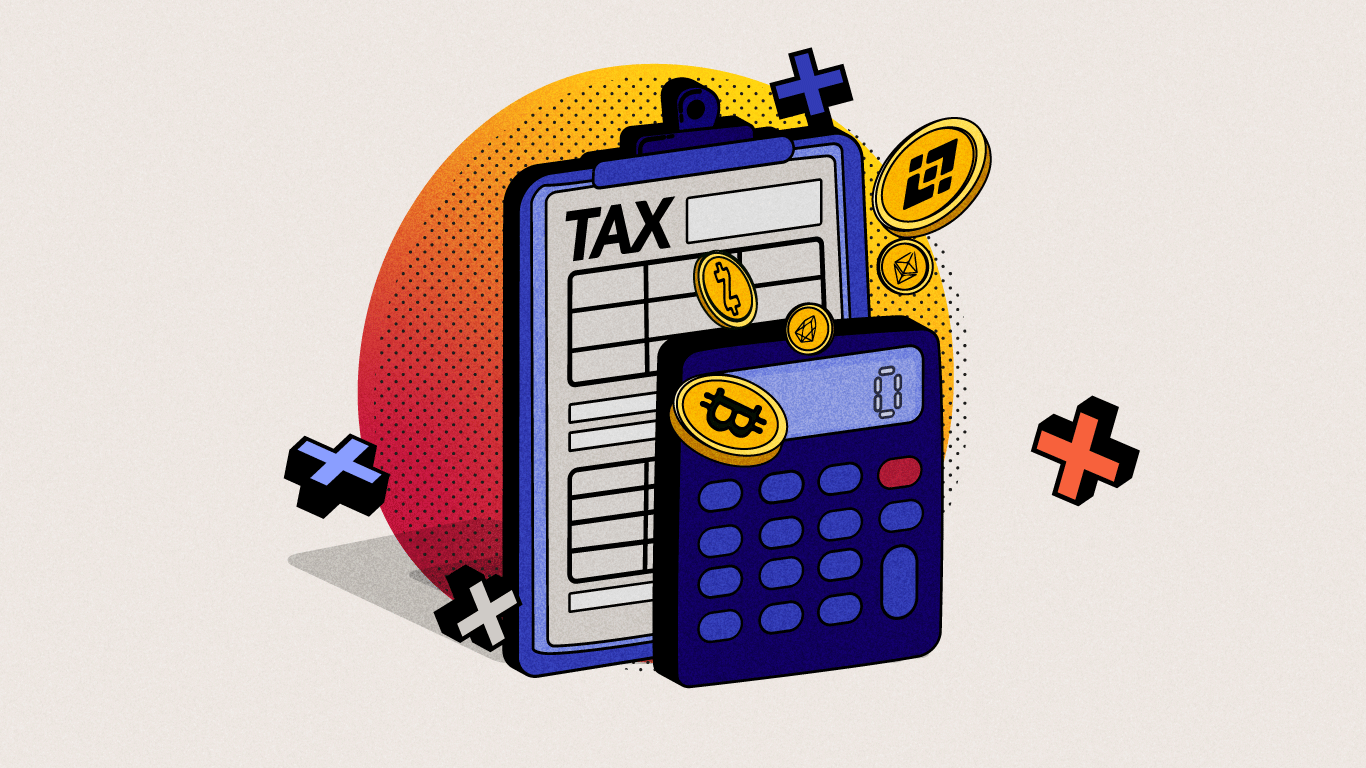1. The Importance of Crypto Tax Software for DeFi Investors

DeFi has revolutionized the crypto space by offering users an array of financial services without relying on intermediaries like banks or brokers. However, this new wave of financial products introduces unique tax challenges. DeFi transactions are often complex and involve a range of taxable events, including but not limited to:
-
Yield farming and staking rewards
-
Swapping one token for another
-
Liquidity provision in decentralized exchanges (DEXs)
-
Airdrops from DeFi platforms
-
Token lending and borrowing
For traditional crypto traders, tools like Coinbase or Binance can generate simple tax reports based on the exchanges used. But for DeFi investors who engage in a wide array of activities across different protocols and platforms, accurately tracking transactions and calculating taxes manually is nearly impossible.
Crypto tax software automates this process, ensuring investors track every transaction, account for capital gains, and remain compliant with regulatory requirements. With DeFi becoming a core component of the crypto ecosystem, using the right tax software is crucial for investors to avoid penalties and ensure proper tax reporting.
2. Challenges DeFi Investors face in tax reporting

DeFi transactions can be particularly tricky when it comes to tax reporting due to the following factors:
-
Multiple Platforms and Protocols
DeFi platforms often operate across various blockchains (e.g., Ethereum, Binance Smart Chain, Solana) and decentralized exchanges (DEXs). Investors might interact with multiple protocols simultaneously, such as Uniswap for token swaps, Compound for lending, and PancakeSwap for liquidity provision. Tracking all of these transactions manually becomes overwhelming, especially when moving between different platforms and wallets.
-
Complex Tax Events
Unlike simple cryptocurrency trading (buying and selling), DeFi activities involve multiple types of taxable events:
-
Rewards and income from staking and yield farming.
-
Capital gains when swapping tokens or selling assets.
-
Airdrops received as part of participation in DeFi governance.
-
Interest payments from lending or borrowing crypto.
Each of these activities needs to be accurately tracked, as they may have different tax implications depending on your jurisdiction.
-
Lack of Standardized Reporting
DeFi platforms generally don’t provide tax reports or transaction histories in a user-friendly format. Unlike centralized exchanges, which often generate reports for tax purposes, DeFi protocols don’t offer a standardized format for reporting transactions. This lack of consistency makes it harder for investors to gather and organize all the necessary data.
-
Token Swaps and Liquidity Pools
Token swaps (exchanging one token for another) are common in DeFi, and each swap may create a taxable event. Similarly, when you provide liquidity to a DeFi platform, you’re often rewarded with tokens that represent your stake. These tokens can also be swapped or withdrawn, triggering capital gains taxes. Calculating gains and losses from these swaps requires an understanding of the cost basis of the tokens you’ve exchanged.
3. How crypto tax software helps defi investors?
.png)
The good news is that several crypto tax software solutions have been developed to handle the complexities of DeFi. These tools help investors by automating transaction tracking, tax calculations, and reporting. Here’s how crypto tax software simplifies the process for DeFi investors:
3.1 Automatic Data Import and Integration
Most crypto tax software tools are designed to automatically import transaction data from a wide variety of sources. For DeFi investors, this is especially useful because it allows you to connect multiple wallets, decentralized exchanges, and DeFi protocols to pull in transaction data in real-time. Popular DeFi platforms like Uniswap, Aave, Compound, and Yearn Finance are all supported by leading tax software platforms.
By linking your wallet and exchange accounts, crypto tax software can pull data from your DeFi interactions and ensure accurate tracking of your activities across multiple chains and platforms. This integration helps ensure that no transaction is overlooked, reducing the risk of errors in your tax filing.
3.2 Accurate Calculation of Capital Gains and Income
Crypto tax software automatically calculates capital gains from token swaps, sales, and liquidity provision. It also accounts for income earned from staking rewards, yield farming, lending, and liquidity pool participation. This is essential for DeFi investors, who often receive rewards in various forms (tokens, governance tokens, etc.) that must be reported as income.
For example, if you earn rewards from staking or liquidity provision, the tax software will calculate the fair market value of those rewards at the time they were received and include them in your tax report. It will also track the cost basis of your investments to ensure that any gains from token sales or swaps are calculated correctly.
3.3 Tax Optimization and Reporting
Some crypto tax software solutions also offer tax optimization features. These tools can help you manage your portfolio to reduce taxable events. For instance, you may want to hold certain assets longer to benefit from long-term capital gains rates rather than short-term rates.
Additionally, tax software generates comprehensive tax reports that can be submitted directly to tax authorities. Many platforms provide reports compliant with international tax laws, including IRS Form 8949 for U.S. taxpayers and the HMRC’s guidelines for U.K. users. The software will categorize your transactions, calculate your taxes due, and present everything in an easily digestible format.
3.4 Support for multiple blockchains and tokens
DeFi protocols operate on various blockchains and involve a wide range of tokens. Whether you’re using Ethereum-based platforms like Uniswap, or Binance Smart Chain protocols like PancakeSwap, crypto tax software can handle transactions across multiple blockchains. It tracks your assets’ movements and ensures accurate tax reporting regardless of the blockchain or token involved.
3.5 Seamless Filing and Reporting
Most tax software solutions offer seamless integrations with tax filing platforms like TurboTax or TaxSlayer, allowing you to easily import your crypto tax report into your tax return. This integration reduces the time and effort involved in filing your taxes.
4. Top crypto tax software for DeFi Investors
.jpg)
Here are some of the most popular crypto tax software options that support DeFi tax reporting:
-
Koinly: Known for its ability to handle DeFi, staking, and liquidity pools, Koinly supports over 300 exchanges and wallets. It also provides detailed tax reports and integrates with platforms like TurboTax.
-
CoinTracking: Offers advanced DeFi tracking tools and supports over 70 blockchains and wallets. It generates tax reports for DeFi income, staking rewards, and yield farming activities.
-
TaxBit: Specializes in automated tax reporting for crypto investors and is compliant with IRS guidelines. It tracks your DeFi activity and integrates with other platforms to simplify filing.
-
ZenLedger: Offers comprehensive DeFi tax solutions, including yield farming, liquidity pools, and staking rewards. It provides detailed reports and helps reduce taxable events.
-
Accointing: Supports over 300 exchanges and DeFi protocols, including liquidity pools and staking. Accointing generates capital gains, income, and transaction history reports.
5. Conclusion
For DeFi investors, the tax reporting process can be challenging due to the complexity of decentralized platforms and diverse transactions. Fortunately, crypto tax software is designed to simplify this process. These tools automate the tracking of your DeFi transactions, calculate taxes owed, and generate IRS-compliant tax reports. By using crypto tax software tailored to DeFi, investors can ensure they meet their tax obligations while minimizing the risk of errors or missed transactions.
As DeFi continues to evolve, so too will tax software, helping to streamline tax reporting for this rapidly growing sector.

 English
English Tiếng Việt
Tiếng Việt.png)
.jpg)

.jpg)
.jpg)
.jpg)

.jpg)
.jpg)

.jpg)
.jpg)
.jpg)




